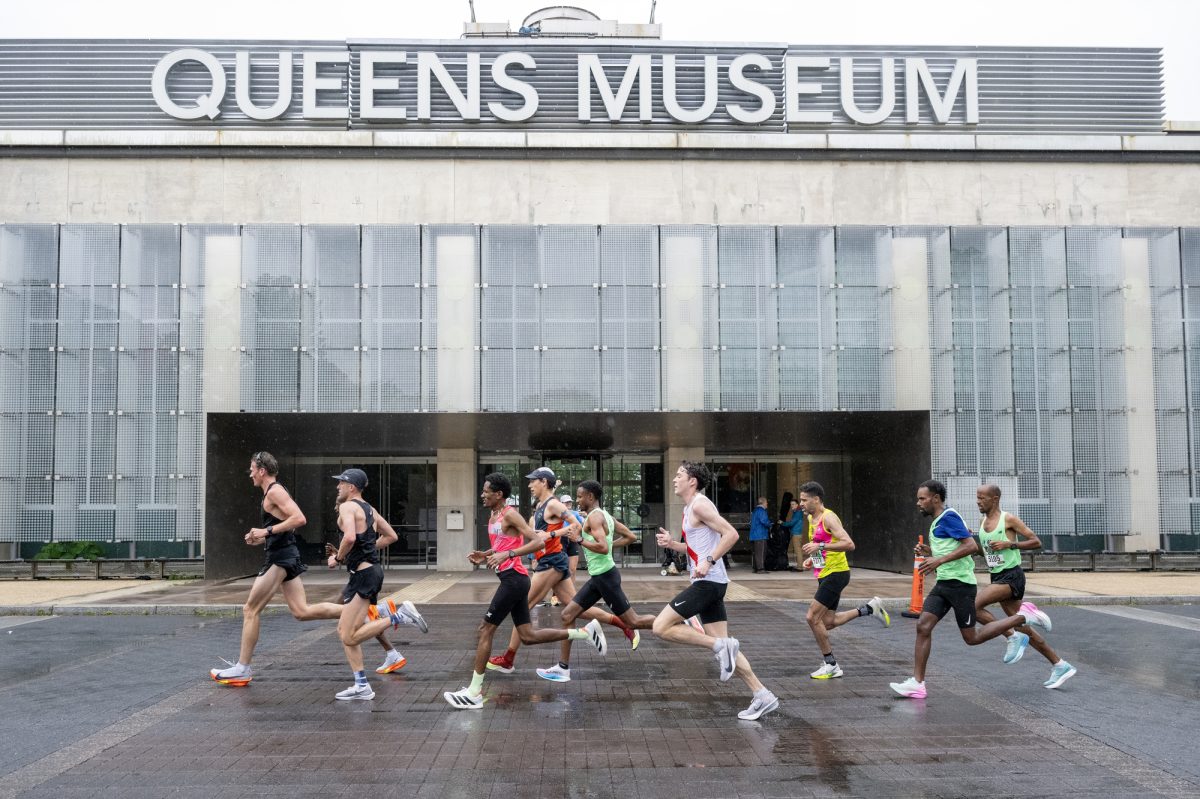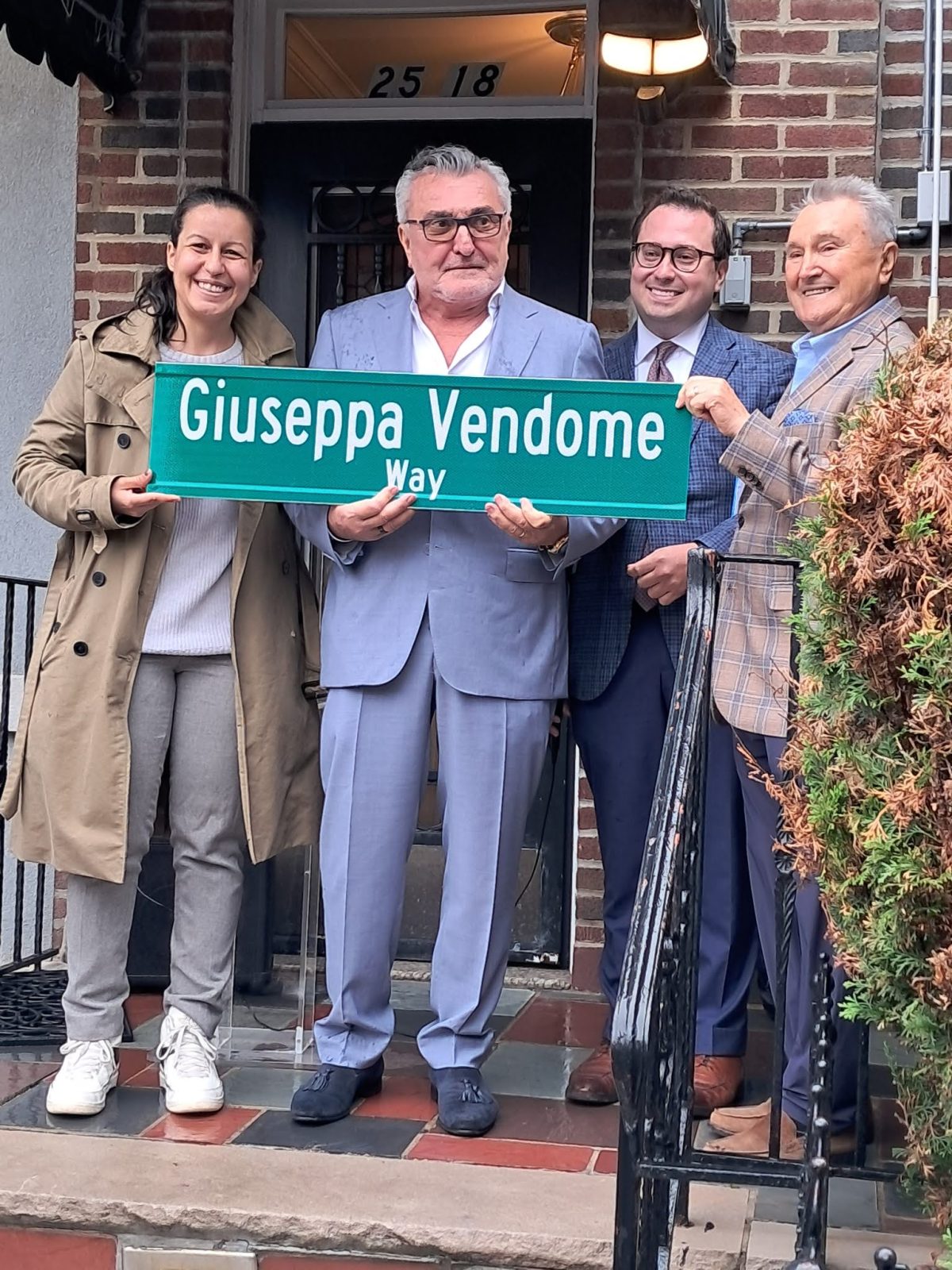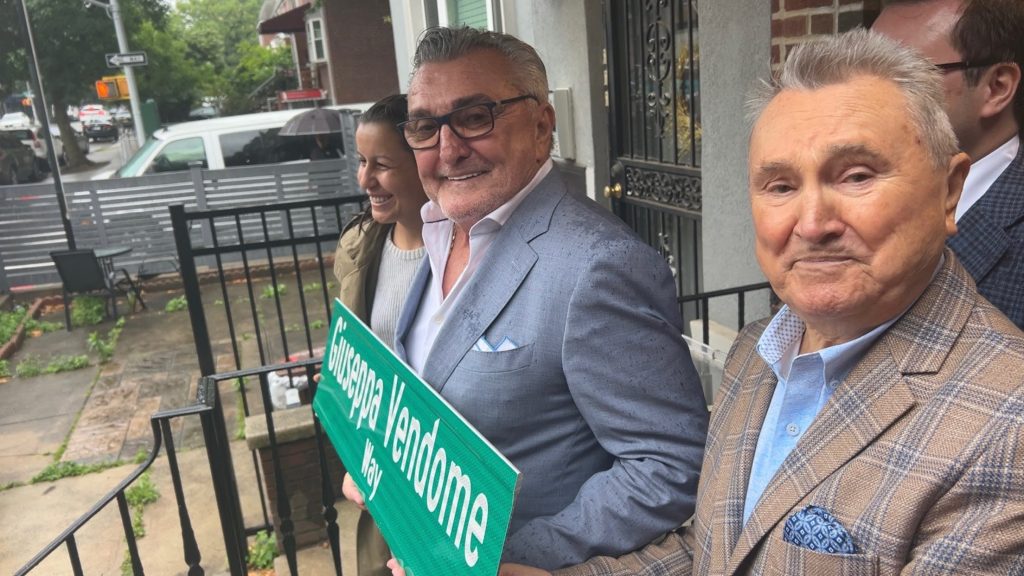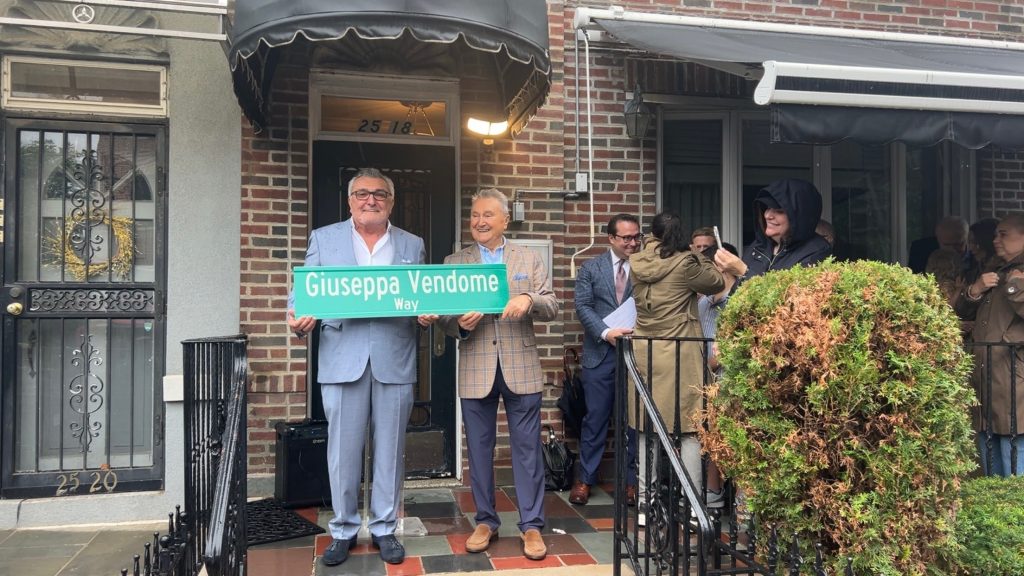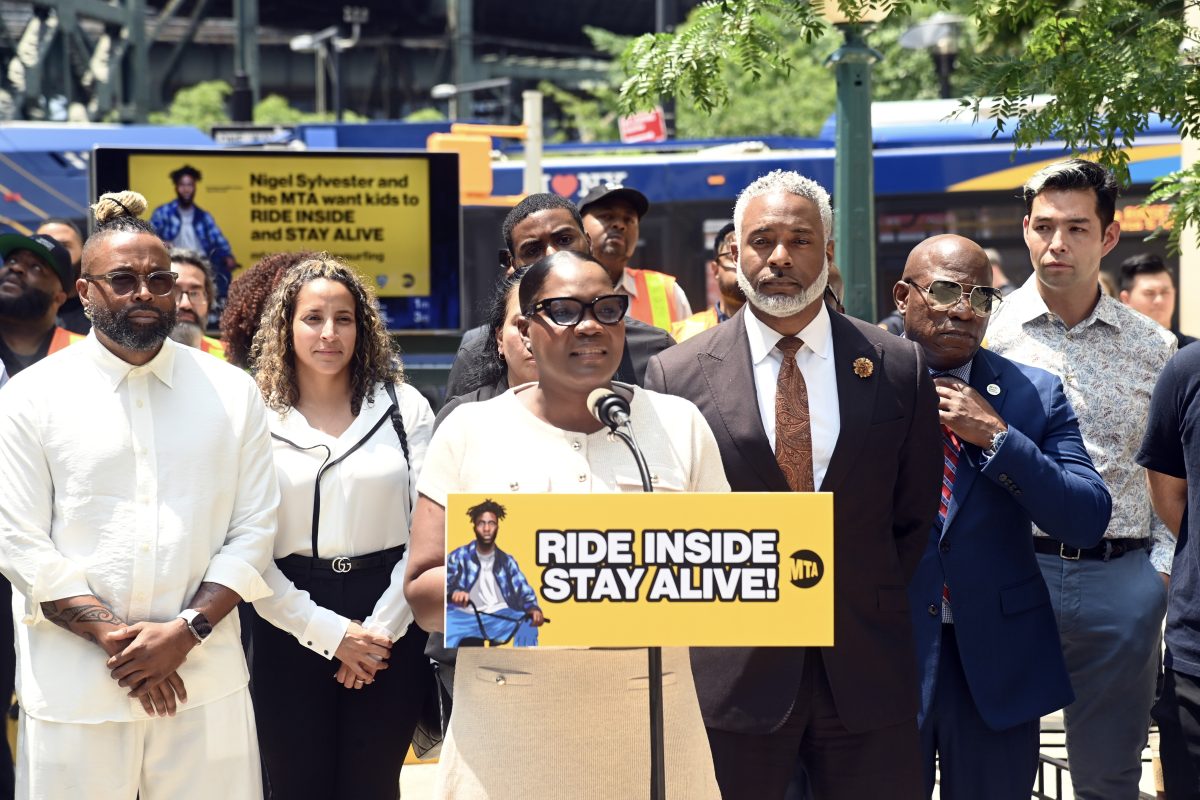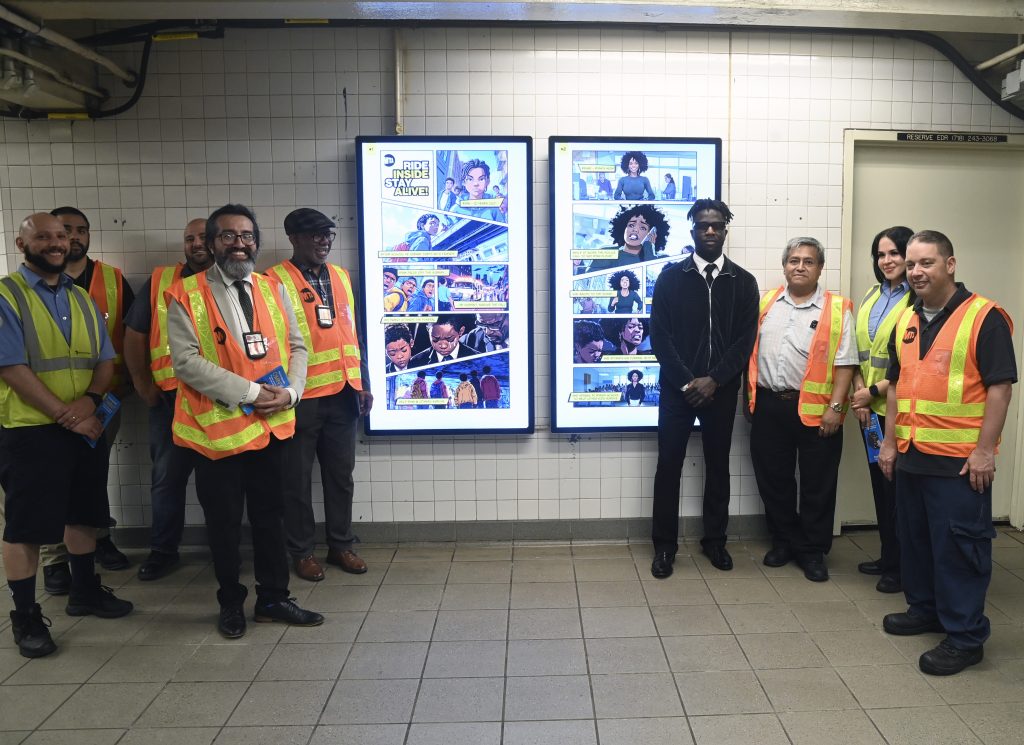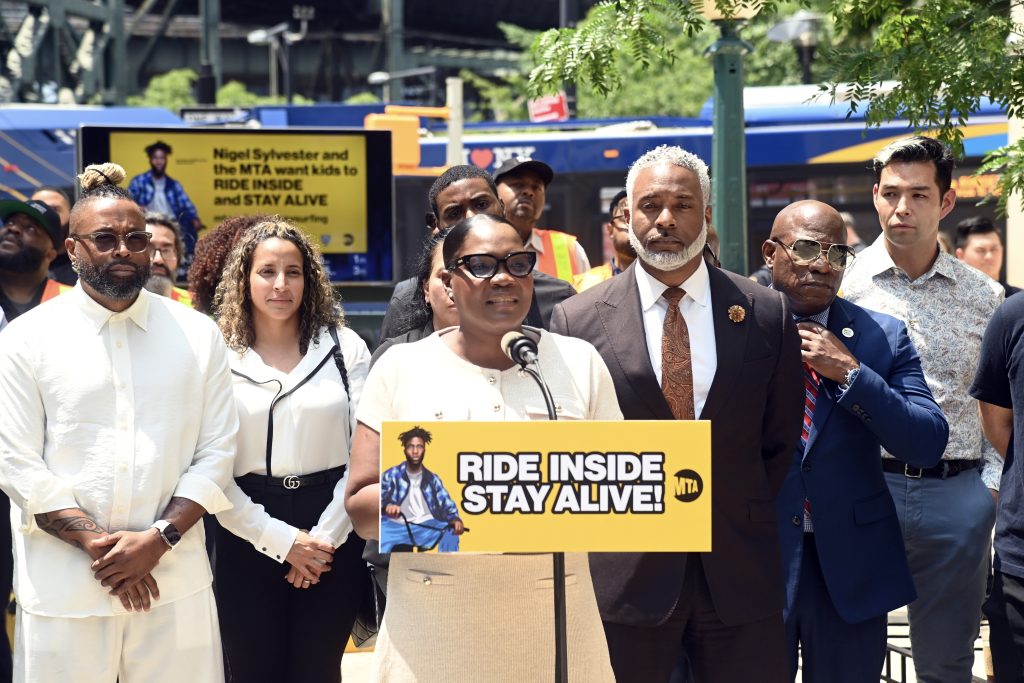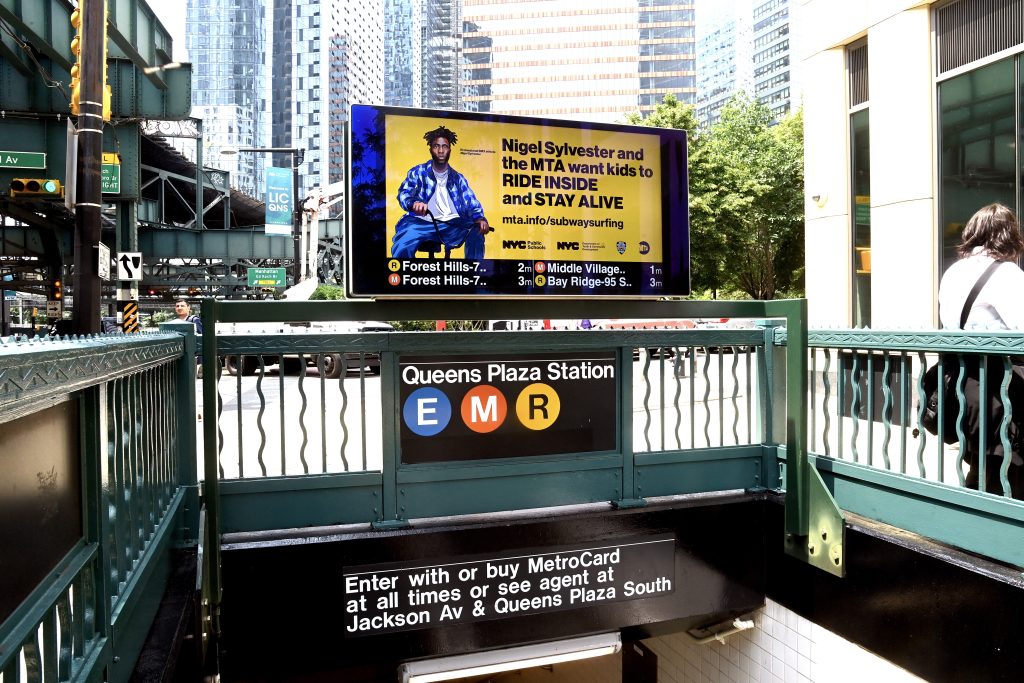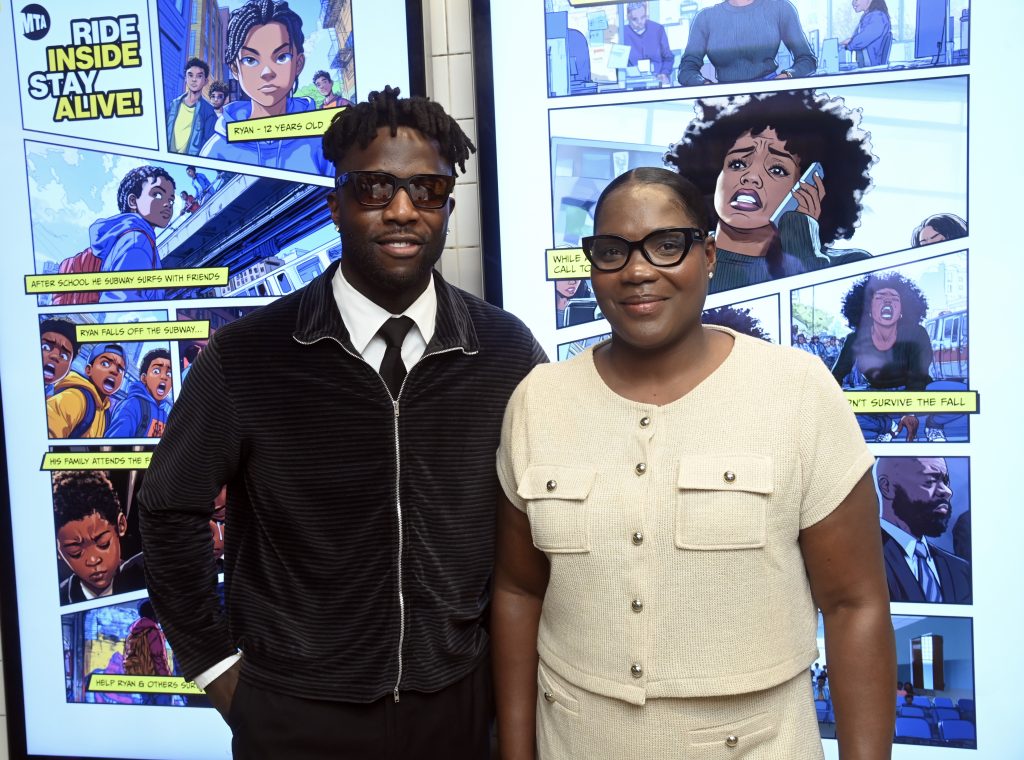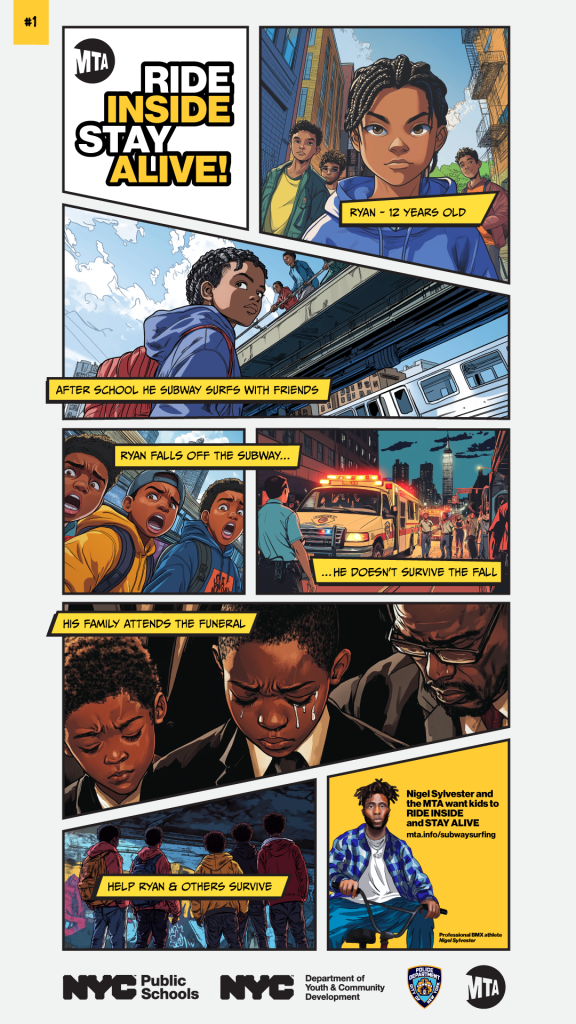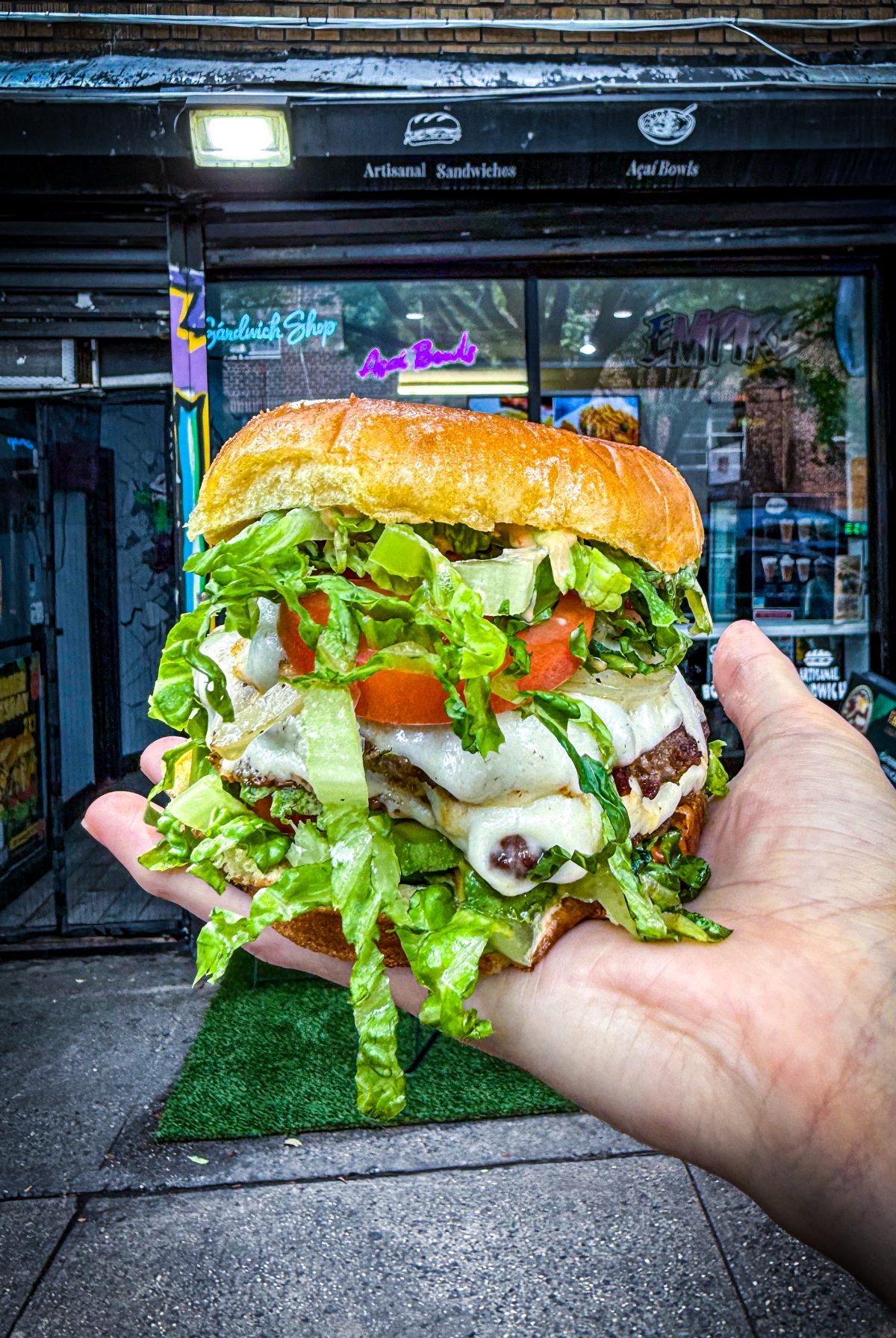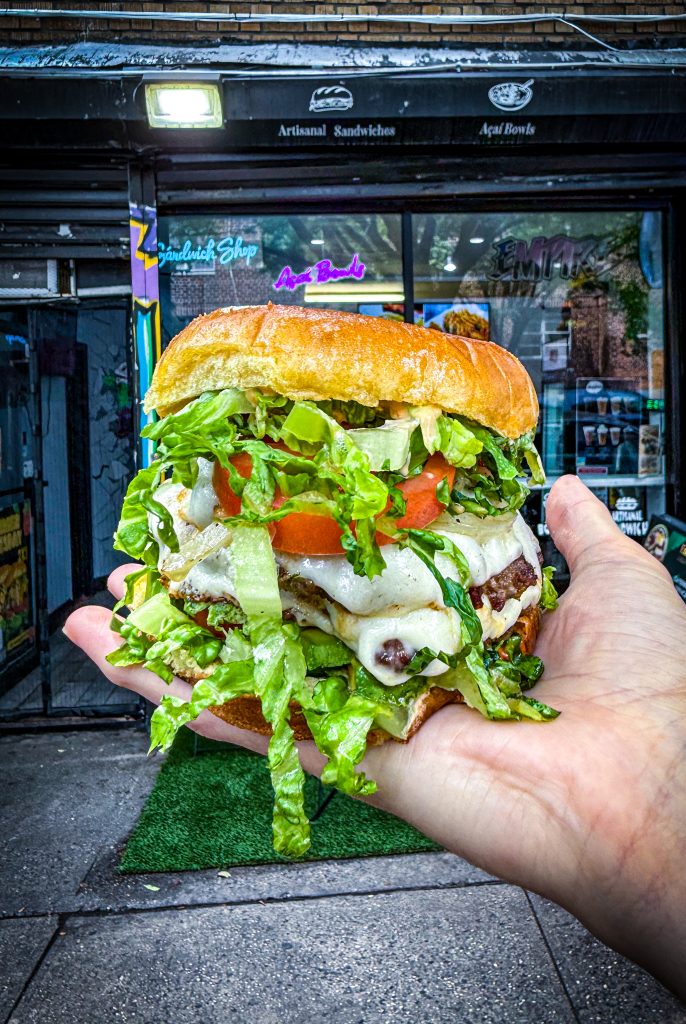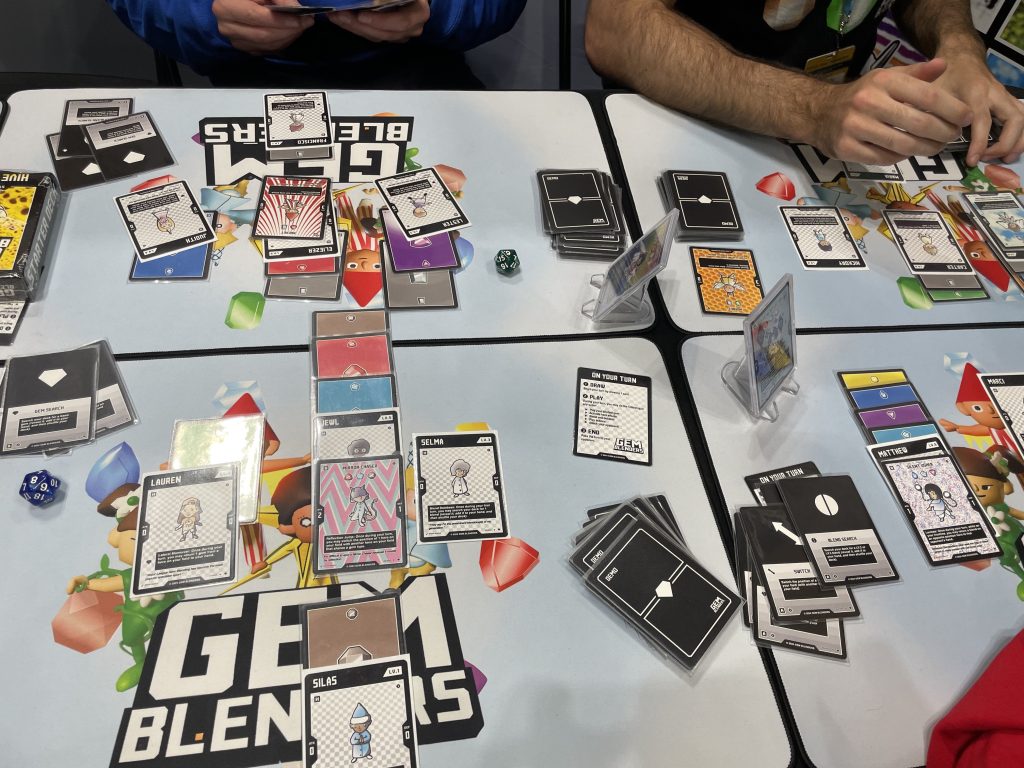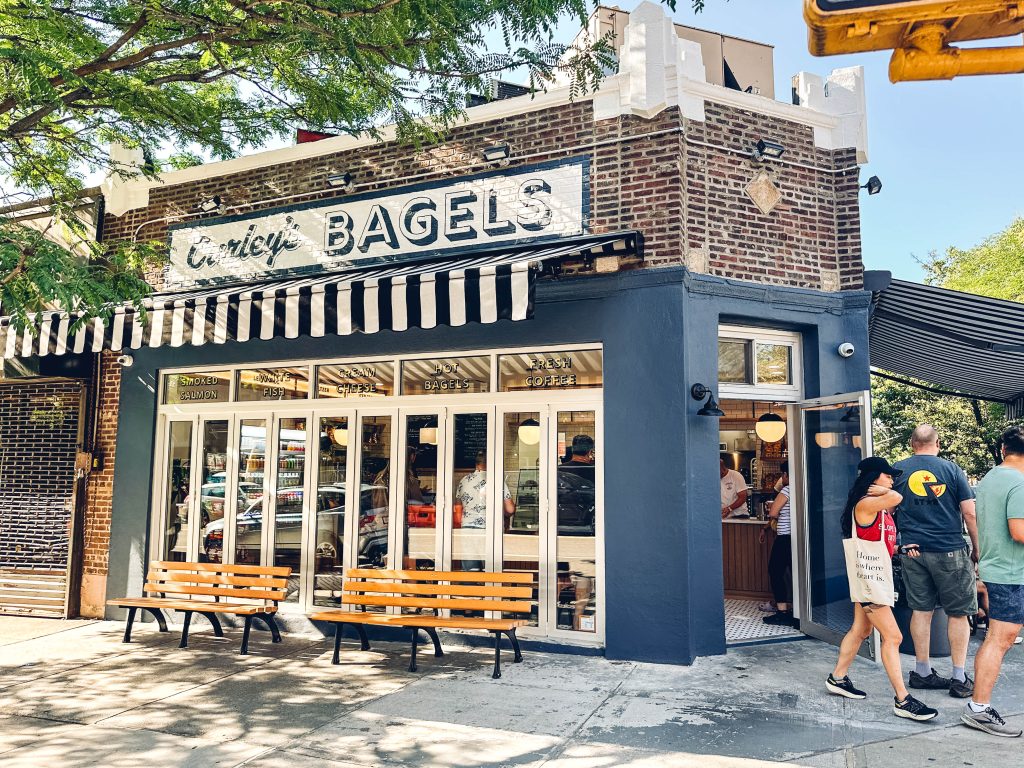Annual Queens 10K Brings Out Thousands of Runners
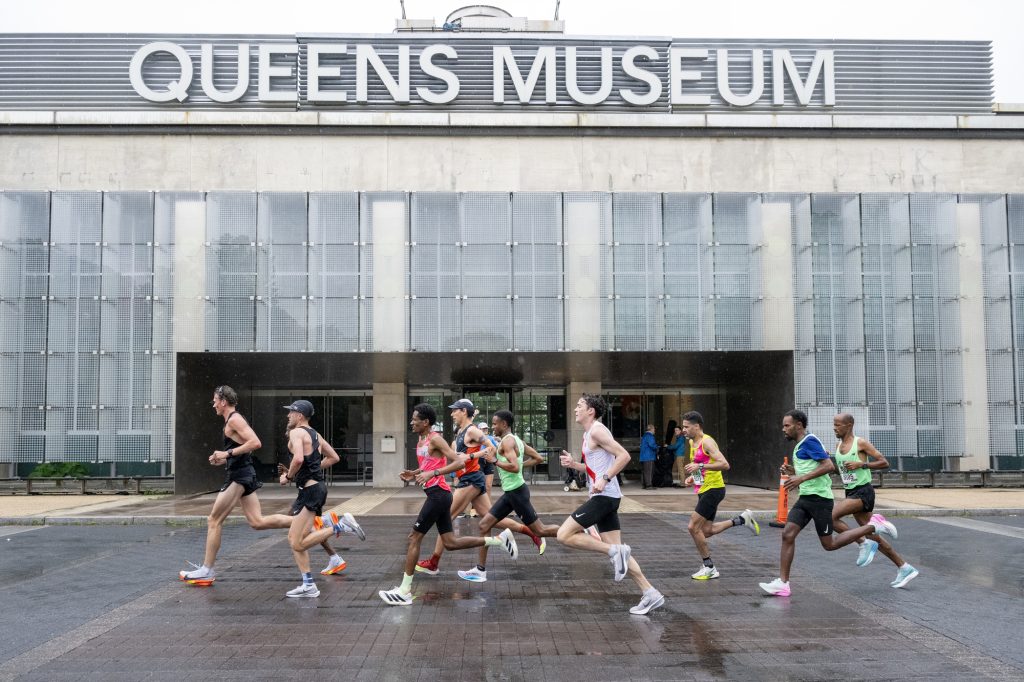
June 14, 2025: The 2025 Citizens Queens 10K is held in Flushing Meadows Corona Park in Queens, NY. (Photo by Jon Simon for NYRR)
Thousands Race in Annual Queens 10K
MOHAMED FARGHALY
mfarghaly@queensledger.com
Nearly 11,000 runners took to the streets of Flushing Meadows Corona Park on June 14 for the sold-out 2025 Citizens Queens 10K, a signature event of New York Road Runners’ Five-Borough Series that celebrates the vibrant and diverse community of Queens, “The World’s Borough.”
The 6.2-mile race, organized by New York Road Runners (NYRR), wound past iconic landmarks including the Unisphere, Citi Field, and the USTA Billie Jean King National Tennis Center. It was the latest in a tradition that traces its roots to the late 1970s, evolving over the decades from the College Point-based Queens Half Marathon into today’s streamlined 10K format.
Among the thousands of participants was Queens-born hip-hop artist and “Drink Champs” host N.O.R.E., who ran alongside his two sons and members of his Run Champs crew in a Father’s Day weekend tribute. Following the race, he announced plans to run the 2025 TCS New York City Marathon, set for Sunday, Nov. 2.
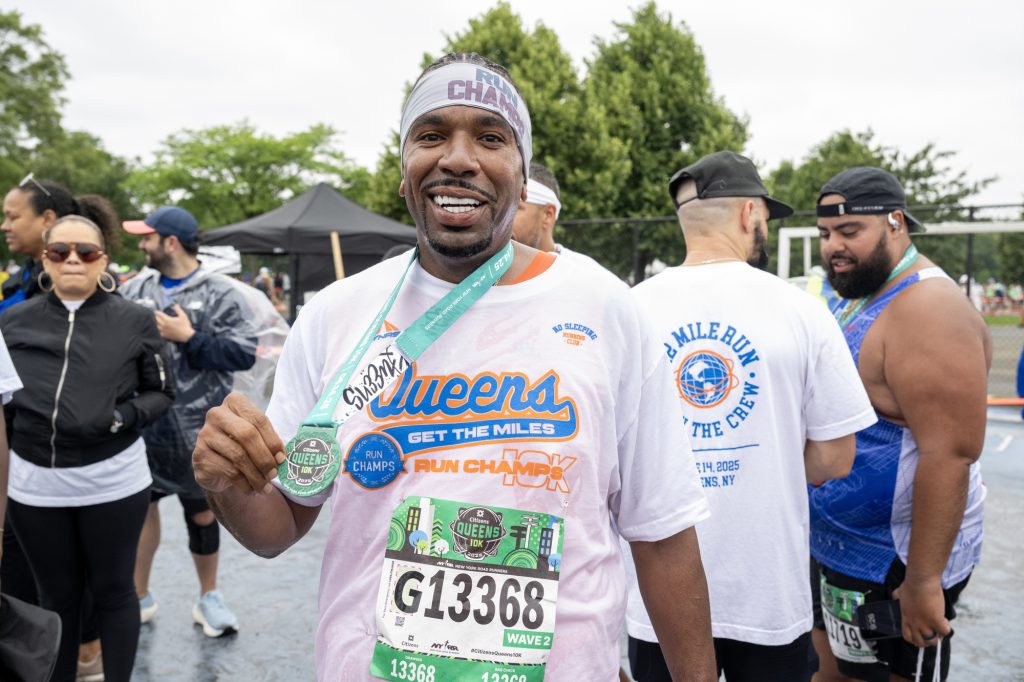
June 14, 2025: The 2025 Citizens Queens 10K is held in Flushing Meadows Corona Park in Queens, NY. (Photo by Jon Simon for NYRR)
“I was born in Lefrak City in Corona Queens, so the Citizens Queens 10K is a homecoming for me to bring the Run Champs platform to where I was raised while running to celebrate my roots alongside my community,” says N.O.R.E. “Run Champs is more than a running club, it’s a movement built on self-love, discipline, and respect because we know that if we don’t take care of ourselves first, we can’t show up for our families, business, or communities in the way they deserve.”
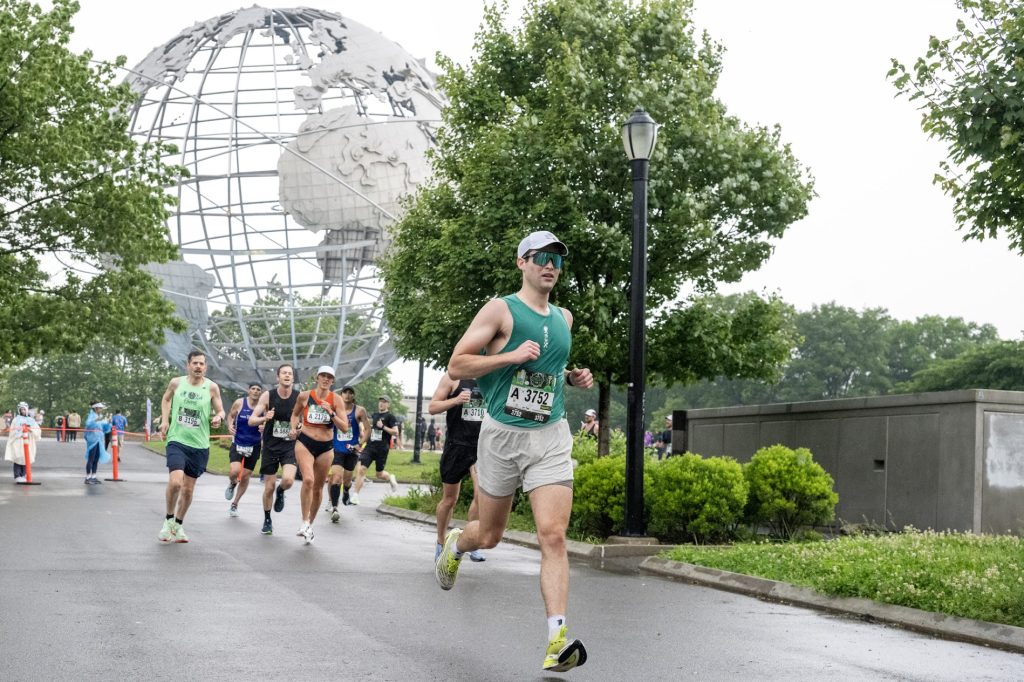
June 14, 2025: The 2025 Citizens Queens 10K is held in Flushing Meadows Corona Park in Queens, NY. (Photo by Jon Simon for NYRR)
The Citizens Queens 10K also featured a free Flushing Meadows Kids Run, which welcomed more than 500 children ages 2–18. The event is part of NYRR’s broader mission to promote youth fitness across the city, offering dozens of free youth races annually.

June 14, 2025: The 2025 Citizens Queens 10K is held in Flushing Meadows Corona Park in Queens, NY. (Photo by Adam Hunger for NYRR)
For the second consecutive year, Citizens served as title sponsor. Following the race, the bank hosted a lively post-race festival in the park, complete with live music, local food from Queens Night Market vendors, games, giveaways, and family-friendly activities.
The event marked the third race in NYRR’s 2025 Five-Borough Series. It continues a legacy of community running in Queens, which began with the College Point Athletic Club in the 1960s and grew under longtime organizer Leo Nicholas. The original Queens Half Marathon, first held in 1978, gradually shifted from College Point to Flushing Meadows, and from a half marathon to a more logistically manageable 10K, officially becoming part of the Five-Borough Series in 2013.
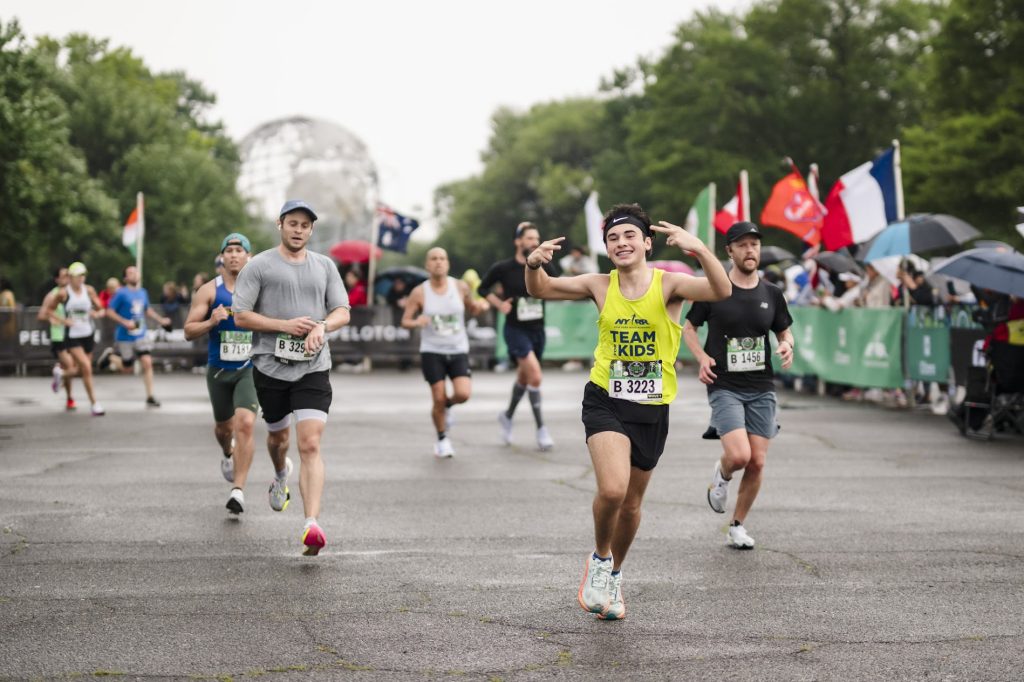
June 14, 2025: The 2025 Citizens Queens 10K is held in Flushing Meadows Corona Park in Queens, NY. (Photo by Carla G. Torres for NYRR)
The 2024 edition of the Citizens Queens 10K set a participation record with more than 12,000 finishers. This year’s race again highlighted the shared commitment of NYRR and Citizens to supporting New York’s communities through health, wellness, and accessible sporting opportunities.
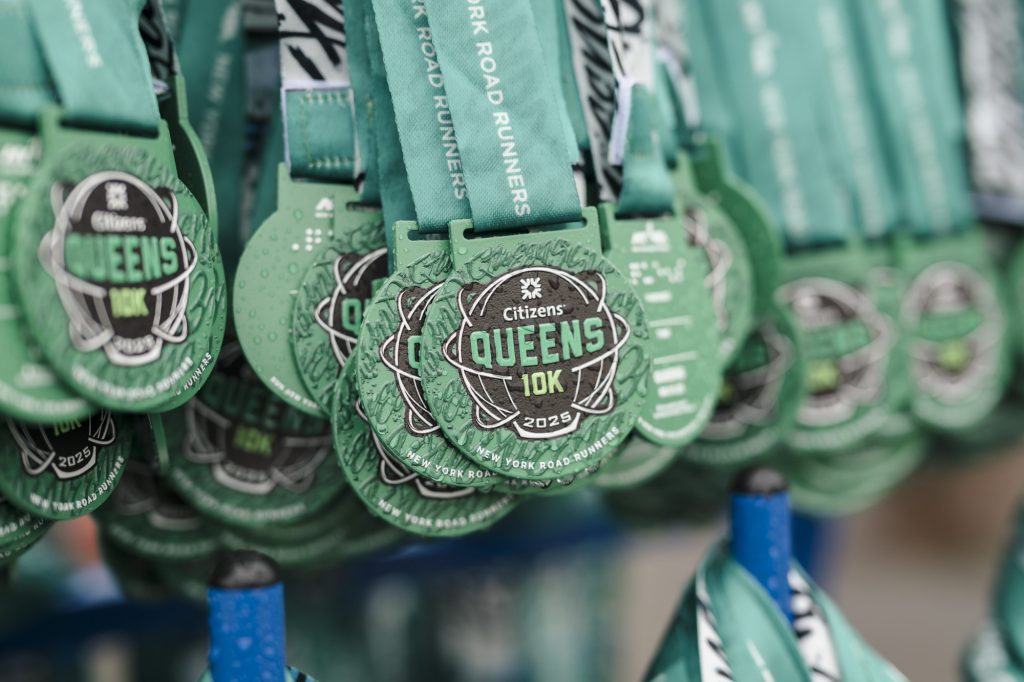
June 14, 2025: The 2025 Citizens Queens 10K is held in Flushing Meadows Corona Park in Queens, NY. (Photo by Carla G. Torres for NYRR)
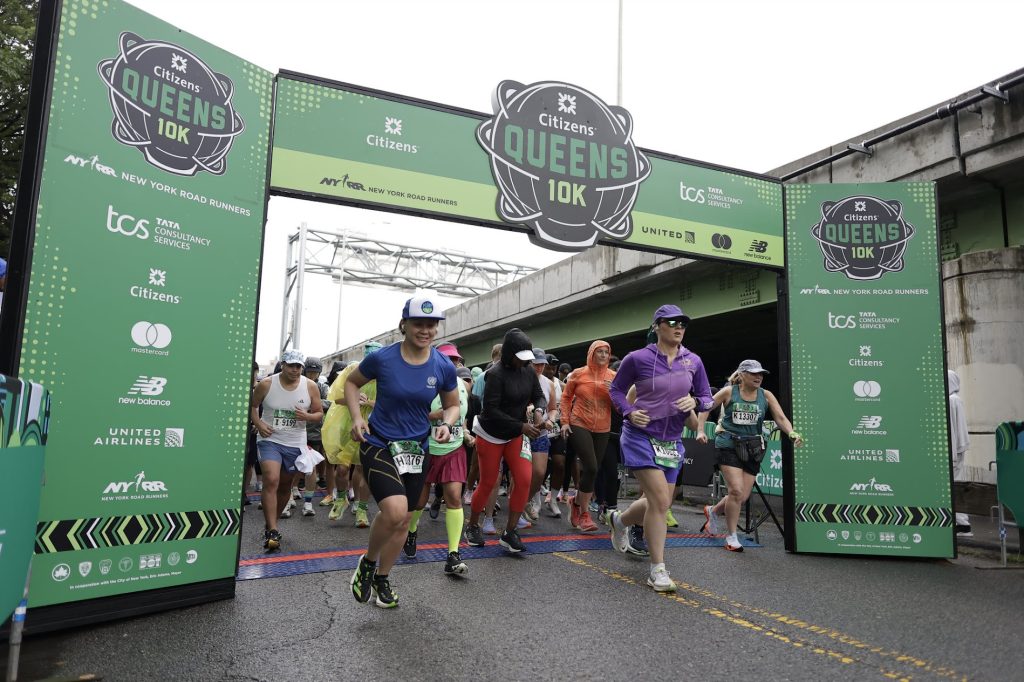
June 14, 2025: The 2025 Citizens Queens 10K is held in Flushing Meadows Corona Park in Queens, NY. (Photo by Adam Hunger for NYRR)

June 14, 2025: The 2025 Citizens Queens 10K is held in Flushing Meadows Corona Park in Queens, NY. (Photo by Adam Hunger for NYRR)
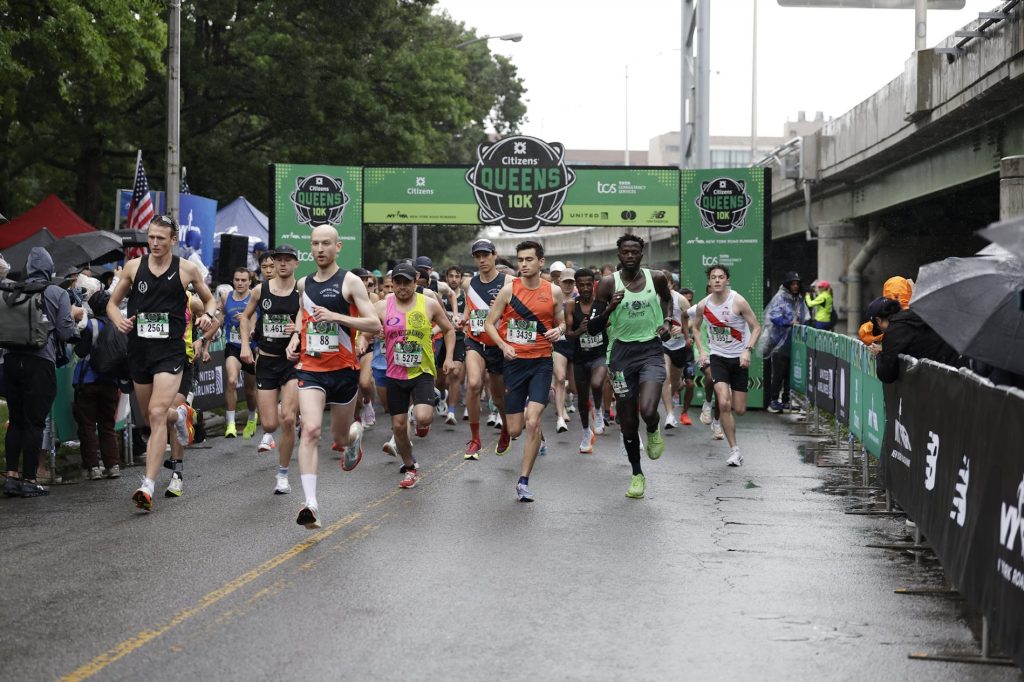
June 14, 2025: The 2025 Citizens Queens 10K is held in Flushing Meadows Corona Park in Queens, NY. (Photo by Adam Hunger for NYRR)


